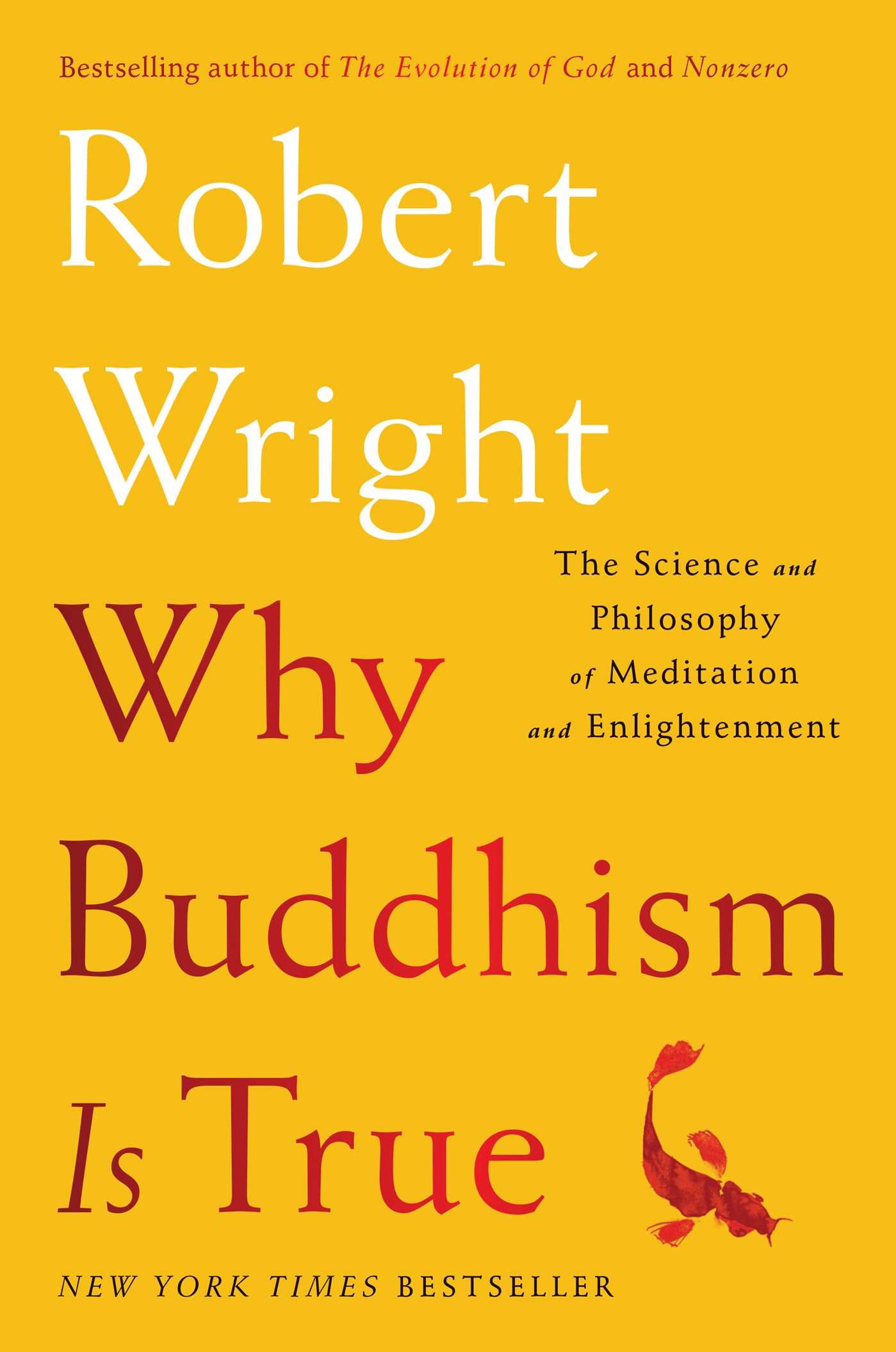Have been reading Why Buddhism is True: The Science and Philosophy of Meditation and Enlightenment by Robert Wright
https://www.amazon.com/Why-Buddhism-True-Philosophy-Enlighte...
> I mean, natural selection built us to do some things - a series of things that help us get genes into the next generation. Those include eating food so we stay alive, having sex, things like that.
> And if it were the case that any of these things brought permanent gratification, then we would quit doing them, right? I mean, if you - you would eat. You'd feel blissed out. You'd never eat again. You'd have sex. You'd lie there, basking in the afterglow, never have sex again. Well, obviously, that's not a prescription for getting genes into the next generation. So natural selection seems to have built animals in general to be recurringly dissatisfied. And this is - seems to be a central feature of life, and it's central to the Buddhist diagnosis of what the problem is.
A key Buddhist teaching is that dukkha (often translated as "suffering" but I believe "dissatisfaction" is more accurate) is caused not just by pushing away negative feelings, but by trying to not let go of positive feelings.
Going out for a beer with my friends brings me happiness. If I chase that positive feeling, I might end up with a vicious hangover the next day, or long-term with a dependence on alcohol.
As an oversimplification, you can view any addiction through the lens of taking an ephemeral positive feeling, wishing for it to be permanent, and pursuing it over and over again, rather than accepting the nature of its impermanence.
0: https://www.npr.org/templates/transcript/transcript.php?stor...
1: https://amazon.com/Why-Buddhism-True-Philosophy-Enlightenmen...
When I started my meditation practice, the guided meditations in the Calm app [3] helped me a lot.
0: https://amazon.com/Why-Buddhism-True-Philosophy-Enlightenmen...
1: https://www.npr.org/templates/transcript/transcript.php?stor...
In essence this book tells why secular Buddhism (secular, western meditation) is actually a very reasonable way of spirituality.
If you're looking for consciousness expanding activities, I found my meditation practice and buddhist readings were 1000x more powerful than my drug attempts. For an HN'er I'd recommend starting with this:
https://www.amazon.com/Why-Buddhism-True-Philosophy-Enlighte...
as its more sciency/modern than diving into the Pali Canon or popular but dated 1960s attempts to westernize Buddhism.


The mind constantly makes philosophy. Kind of. Or mine does. Why this, why that. What if this and that. Sometimes it is useful to just let the thoughts be. Sometimes to more analytically counter it: this is not worth neither worrying about nor philosophizing about because A, B, C.
See for example William James and his counter-arguments to philosophers (according to him) who worries about “Angels balancing on a needle’s pin” (Pragmatism).
I’ve also incorporated William James thoughts on religion to reconcile my atheism with my spiritual/religious beliefs (The Will to Believe). He says something like: if you believe, what are the upsides, what are the downsides? You might not be able to prove it scientifically, but is that necessary? How I’ve applied it: if I believe in religion X and I find out before I die that it was not true, have I wasted my time? (This is more about praxis than theory.) This is counter to a lot of theists and atheists who mix religion too much with identity. I.e. I am rational therefore I ought to not believe. To be concrete: if I practiced Buddhist meditation for five years and found out that Buddhism is not true,[1] will it have been for nothing? Probably not because the benefits of meditation are well-documented at this point.
---
The most fascinating philosophy is the Tibetan Buddhist philosophy that rigorously analyzes things in order to ultimately arrive at conclusion that sort of says that most of metaphysics are ineffable to the analytic mind. Because you might need the process of analysis in order to arrive at that non-answer. Maybe that was something that Wittgenstein did in his first book?
[1] https://www.amazon.com/Why-Buddhism-True-Philosophy-Enlighte...